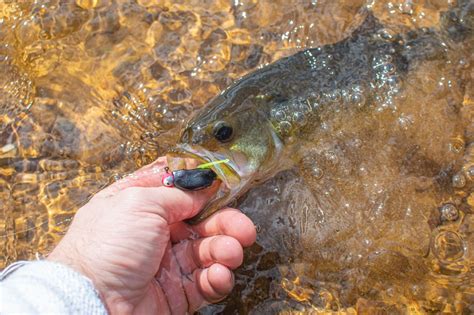How to Get Rid of a Fish Ethically: A Responsible Guide
Owning a fish can bring joy and tranquility, but circumstances can change, leaving you needing to rehome your aquatic friend. Ethically disposing of a fish is crucial, as simply releasing it into a different body of water can have devastating consequences for the local ecosystem. This comprehensive guide will explore responsible options for rehoming or otherwise caring for your fish when you can no longer keep it.
Why Releasing a Fish into the Wild is Unethical and Harmful
Before diving into ethical solutions, it's crucial to understand why releasing a fish into a natural environment is almost always a bad idea. This seemingly simple act can cause significant environmental damage:
- Introduction of Invasive Species: Many pet fish are not native to local waterways. Releasing them can disrupt the delicate balance of the ecosystem, outcompeting native species for resources and potentially introducing diseases.
- Genetic Pollution: Pet fish may interbreed with wild populations, leading to genetic dilution and weakening of the native gene pool.
- Disease Transmission: Your fish could carry diseases or parasites that can decimate local fish populations.
- Habitat Disruption: Even if the fish is a native species, releasing it into an already crowded habitat can strain resources and contribute to overpopulation.
How to Ethically Rehome Your Fish
The most ethical approach is to find a suitable new home for your fish. Here are some effective strategies:
1. Contact Local Fish Stores or Aquariums
Many local fish stores are willing to accept fish, particularly common species. They can provide appropriate care and potentially resell or rehome the fish. Call ahead to inquire about their policies and any specific species they're willing to take. Some larger aquariums may also have programs for accepting unwanted fish.
2. Reach Out to Your Local Community
Consider posting on online forums or local social media groups dedicated to aquariums or pet fish. Many hobbyists are happy to take on a new fish, especially if they have experience with the specific species. Be transparent about the fish's health and any specific care requirements.
3. Network with Friends and Family
Inform your friends, family, and colleagues about your situation. Someone in your network might be interested in adopting your fish.
What if Rehoming Isn't Possible?
If you exhaust all avenues for rehoming and have no other options, it's crucial to prioritize humane euthanasia. This is a difficult decision, but it's often a more ethical choice than releasing the fish into the wild or allowing it to suffer neglect.
Humane Euthanasia Techniques:
Consult a Veterinarian: The most ethical and reliable method is to consult a veterinarian experienced with aquatic animals. They can guide you through the process and ensure a painless and humane death.
Never use methods like freezing or suffocating: These methods are inhumane and cause unnecessary suffering.
Preventing Future Situations: Responsible Fish Ownership
The best way to avoid the ethical dilemma of rehoming or euthanizing a fish is to be a responsible owner from the start:
- Thorough Research: Research the specific species you're interested in before acquiring it. Understand its lifespan, size, tank requirements, and care needs to ensure you can provide a suitable home for its entire life.
- Realistic Expectations: Be realistic about your time commitment and resources. Fishkeeping is a responsibility that requires dedication and consistent care.
- Proper Tank Setup: Invest in the appropriate tank size, filtration system, and other necessary equipment to create a healthy environment for your fish.
Frequently Asked Questions
What if my fish is sick?
If your fish is sick, consulting a veterinarian is crucial. They can provide appropriate treatment or, if necessary, recommend humane euthanasia. Do not release a sick fish into the wild, as this could spread disease.
Can I donate my fish to a school or educational institution?
Some schools and educational institutions may accept fish for educational purposes. Contact your local schools or universities to inquire about their policies.
Are there any specific legal considerations?
Releasing non-native species into the wild is often illegal, so always check local regulations before attempting to do so.
By following these guidelines, you can ensure that you're treating your fish ethically and responsibly, regardless of the circumstances. Remember, responsible fish ownership begins with careful research and a commitment to the wellbeing of your aquatic pet.

